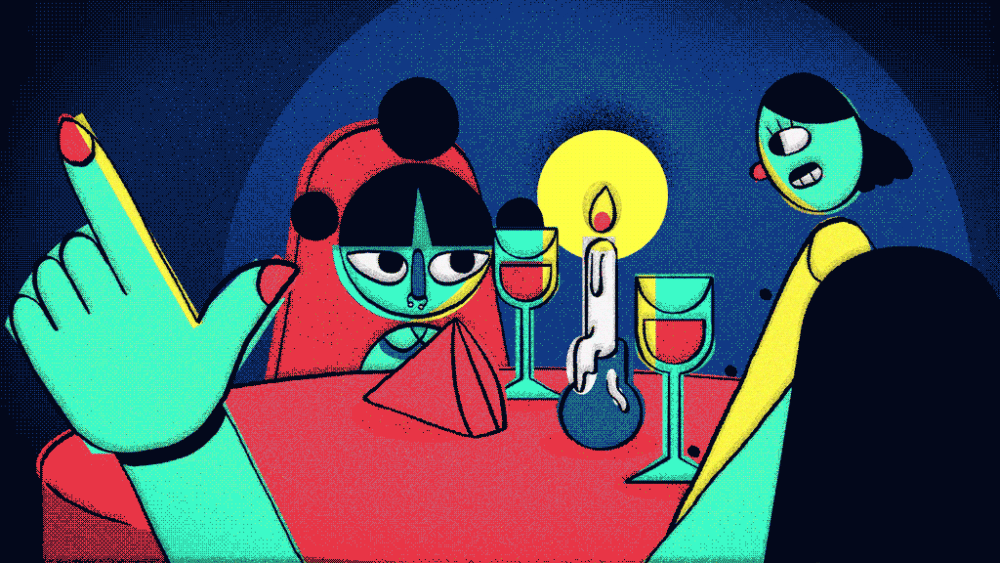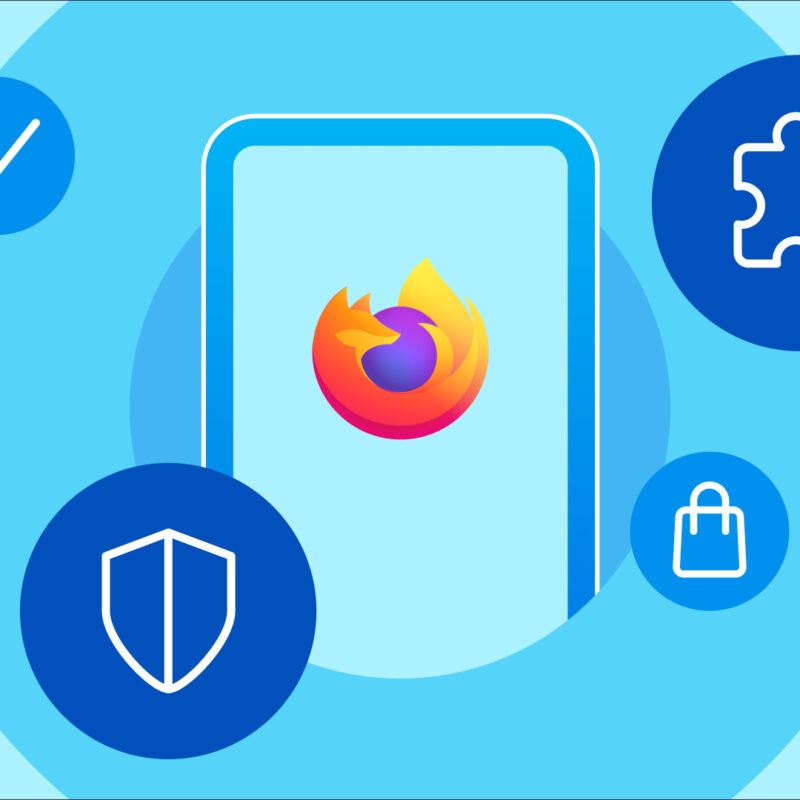Mozilla invited online dating coach extraordinaire Laurie Davis Edwards to share her thoughts on the good and bad of finding love on the web. Turns out it takes more than a quick swipe right to get it perfect. “Virtual Connections” is the theme of next week’s podcast. Subscribe today.
Imagine your dating life without online dating. What if there were no dating apps or sites, no social media to connect with new people?
Maybe you wouldn’t have met your current partner — love would be lost. Or perhaps you’d go out more often and flirt face-to-face — opportunity would be gained.
As an online dating coach, I’ve witnessed both the incredible gift that dating on the internet is, and the ways that we allow technology to get in our way in relationships. I’ve sat next to the man who met his wife on a dating site, and I’ve been the girl who was catfished before the term existed.
Without online dating, families would not exist, my own included. My husband and I met on Twitter even though we grew up two towns away from each other. Our baby girl’s life was built on the pixels her parents created. And we’re not the only ones.
The access we have to people is paramount.
Before online dating, we dated within our immediate communities. To gain access beyond that, we needed to spend a significant amount of time creating new connections. It was all in who you knew.
Now, in most cases, you’ll be complete strangers with the person you’ll marry — and that’s a great thing.
Whether you met your last date on Match, Bumble, Instagram, or somewhere else online, the love of your life may be unexpected, or not the “type” you expected. Its impact isn’t felt just by you, but through this new social integration, unique communities are created, and entire families and social circles who wouldn’t otherwise have met collide.
Online dating has encouraged racial diversification in who we date.
In a survey released by Tinder earlier this year, 63% of respondents said they feel more confident about dating people from different races and ethnicities when online dating. That’s not surprising to economists Josue Ortega and Philipp Hergovich who say that, previously, where we lived dictated who we dated, meaning ethnically similar people ended up dating each other due to proximity. They have developed a mathematical framework based on decades worth of data, which shows through 10,000 simulations that the Internet’s hand in our dating lives most likely contributed to the rise of interracial marriages.
Access has created a paradox of choice.
While this access to others looking to connect have had a profound impact on lives, it’s also caused confusion. With so many options, who do you choose? All these choices leave us thinking about our last date while we’re currently flirting with someone new. You may find yourself comparing one person to another. Presence is lost. Dismissing one another is all too common.
Commitment looks completely different.
Dating multiple people at the same time wasn’t the norm before online dating, but it is now. We used to meet one person at a time, and if it didn’t work out, we’d connect with another. Now, many online daters meet with several matches until there is a conscious coupling.
There is a shift in the emotional approach to relationships, too. Some daters fantasize more than they are rooted in reality. There is a rise in the desire for perfection in relationships, except we cannot design our love life as easily as someone can design the user interface of a website.
Sometimes, daters forget that the photo on the screen is a human who deserves respect. People ghost and stop connecting without explanation. This access to many means we naturally reject more mates, and in turn, we ourselves often feel rejected more frequently. Our ability to find a partner is directly correlated with how well we can manage the constant rejection and judgement that comes with online dating, and the hurt that happens on our way to love.
How do you swipe right on love?
Just as posting a dating profile is a choice––your choice––so is your approach. You can choose to focus on what’s disappointing about the process, or you can choose to be empowered by the possibilities. Here are a few ways to create the latter:
Take your time. When you can swipe virtually forever, the tendency is to very quickly move from one to the next until you find a photo that excites you. But when the intention is a relationship, be intentional in your actions by reading the profile to get to know the person on the other end.
Say yes to maybe. We tend to make many judgements when we view someone on screen but we don’t really know them until we meet offline. Because of that, we say no more often than yes. There will always be matches who feel like maybes, and usually we pass them over, too. Nearly all of my clients are in relationships with someone they considered a maybe, but the potential lies in the unknown. Create more opportunity in your love life by saying “yay,” “nay,” or “maybe” out loud — and why — to turn your subconscious decisions into conscious action.
Create connection with commonality. The more specific your profile and messages, the more a match can connect with you. Humans are meaning-making machines, and we feel comfortable when someone is like us. When you write your dating profile, include at least three to five tangible interests so you click with your matches. When messaging, choose one topic you have in common to bridge the digital divide.
Be the real you. When your first impression is made on a screen, are you really being true to you? It’s easy to say what you think someone else wants to hear, but only you can attract your right click. Be unabashedly authentic. It’s what will attract your next – and hopefully last — love.
Want More?
In IRL’s Virtual Connections episode, Chloe Stuart-Ulin gives a first-hand account of her life as a “closer” for an online-dating service; we hear a dramatic, real-life story about a woman who finds her biological parent online; and Emma Brockes talks about how we can all maintain humanity while interacting with others on the internet.



